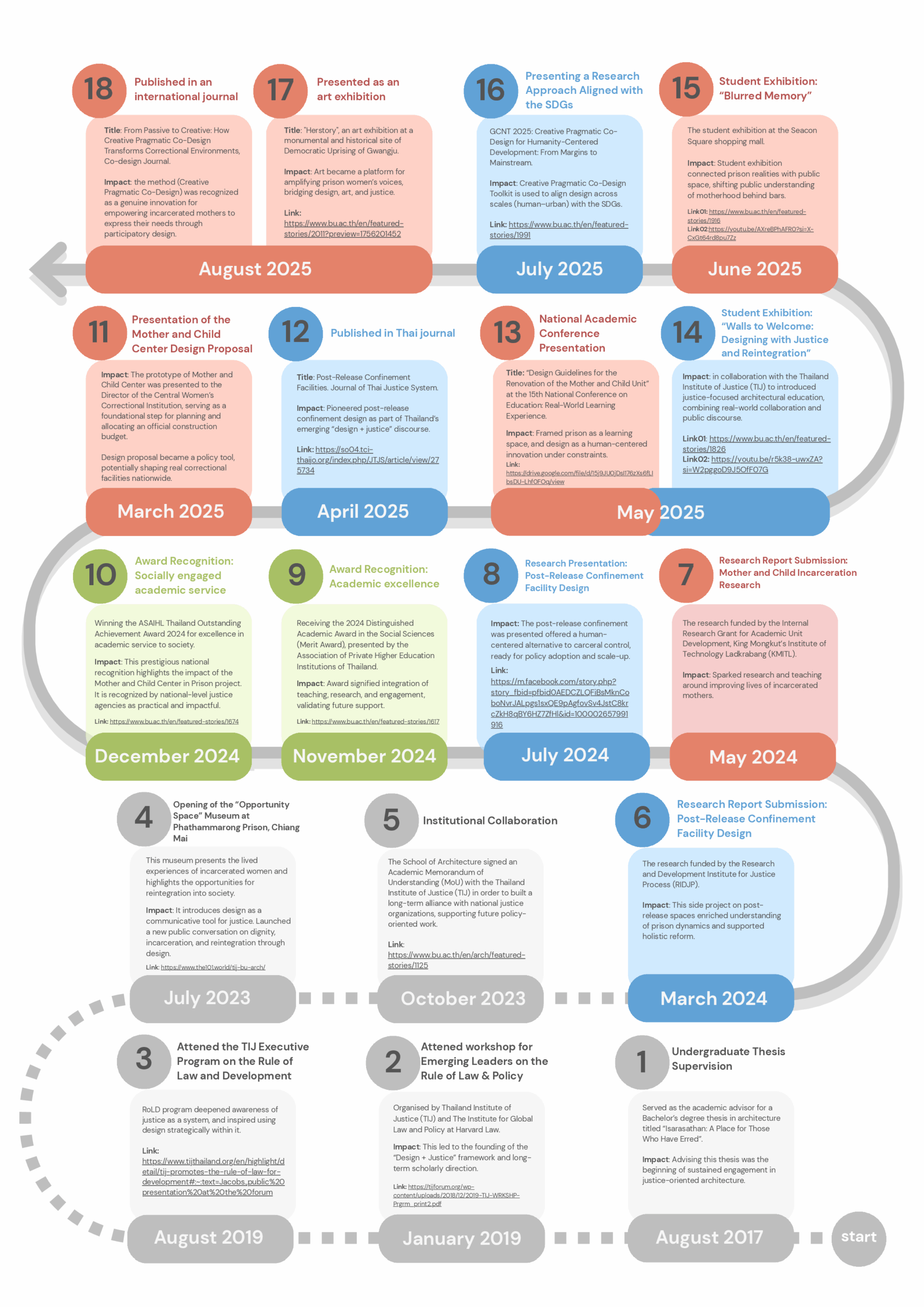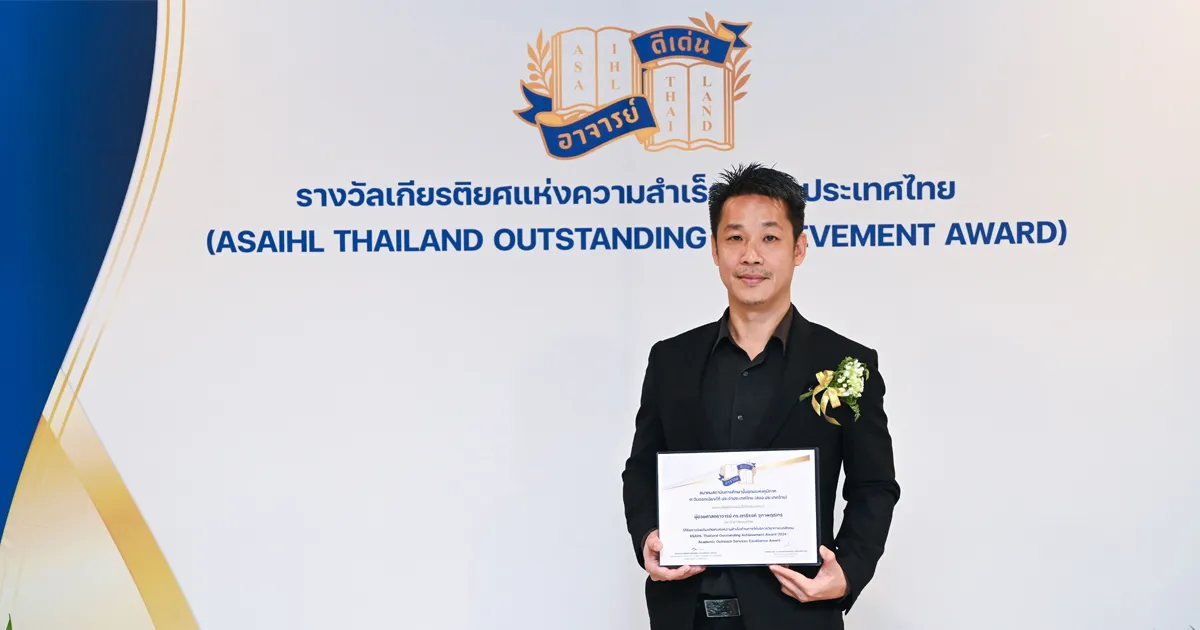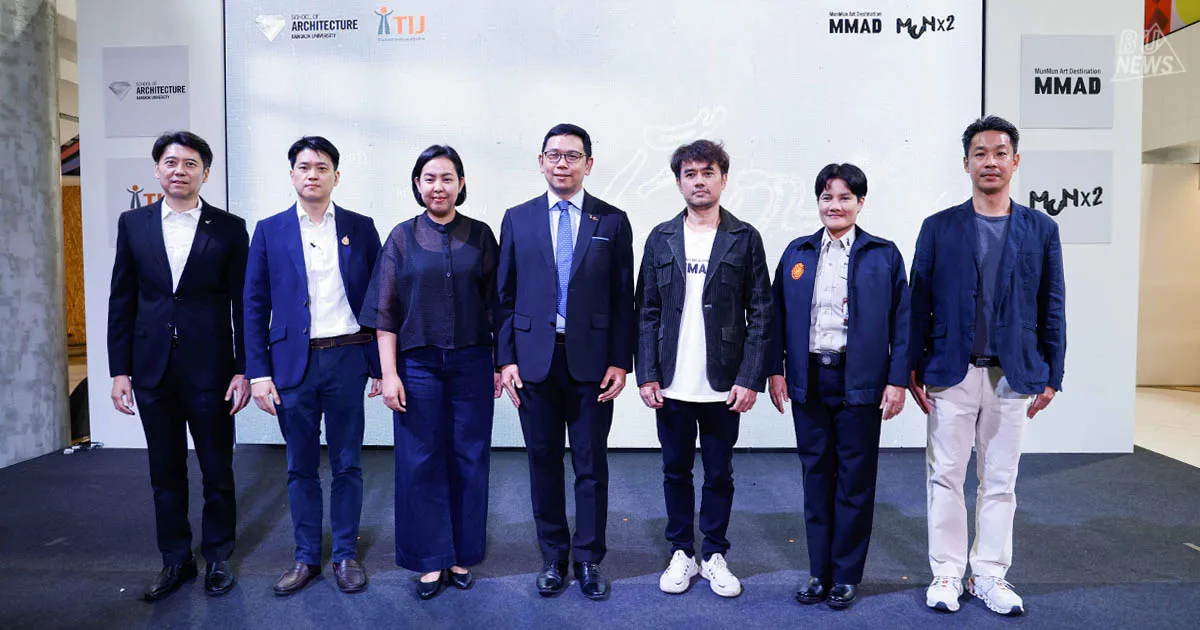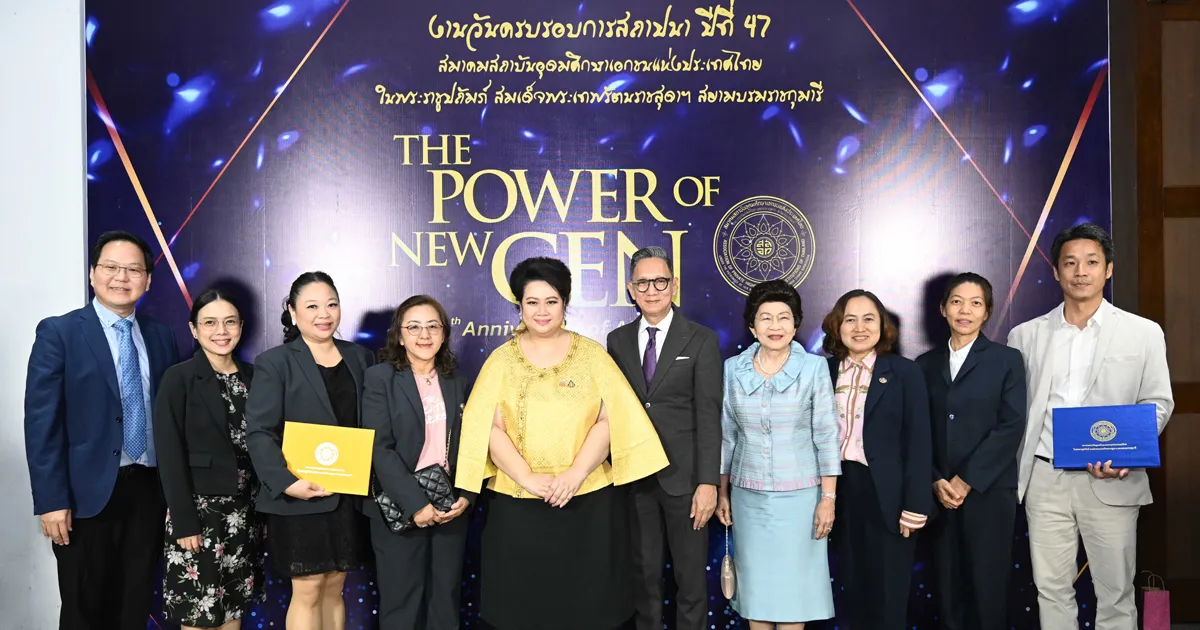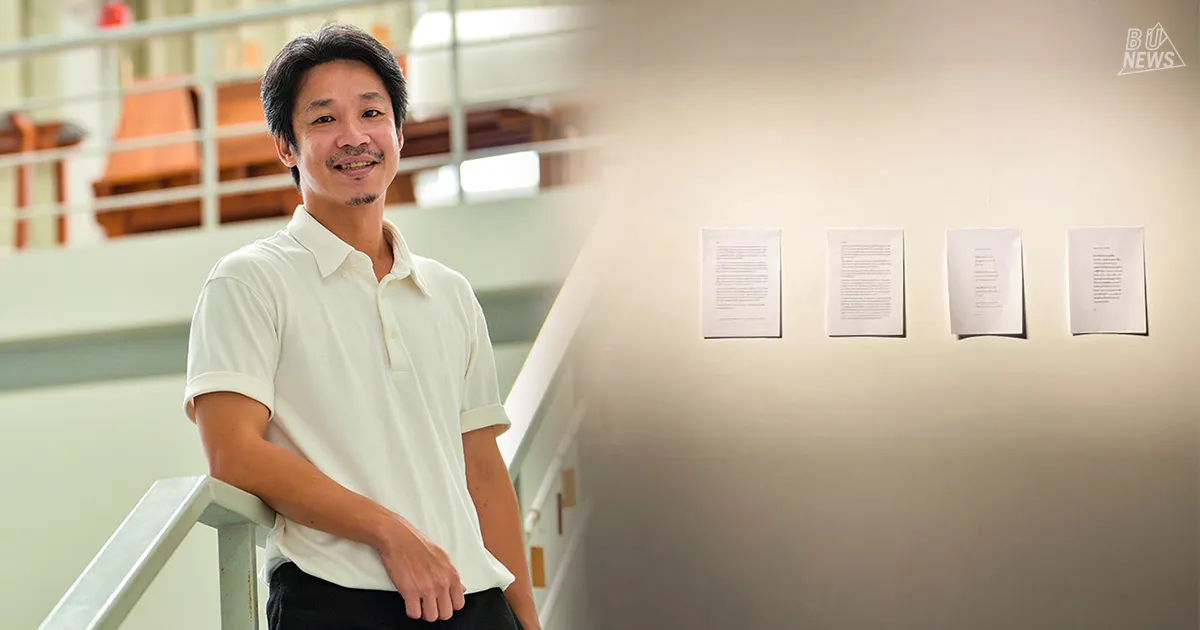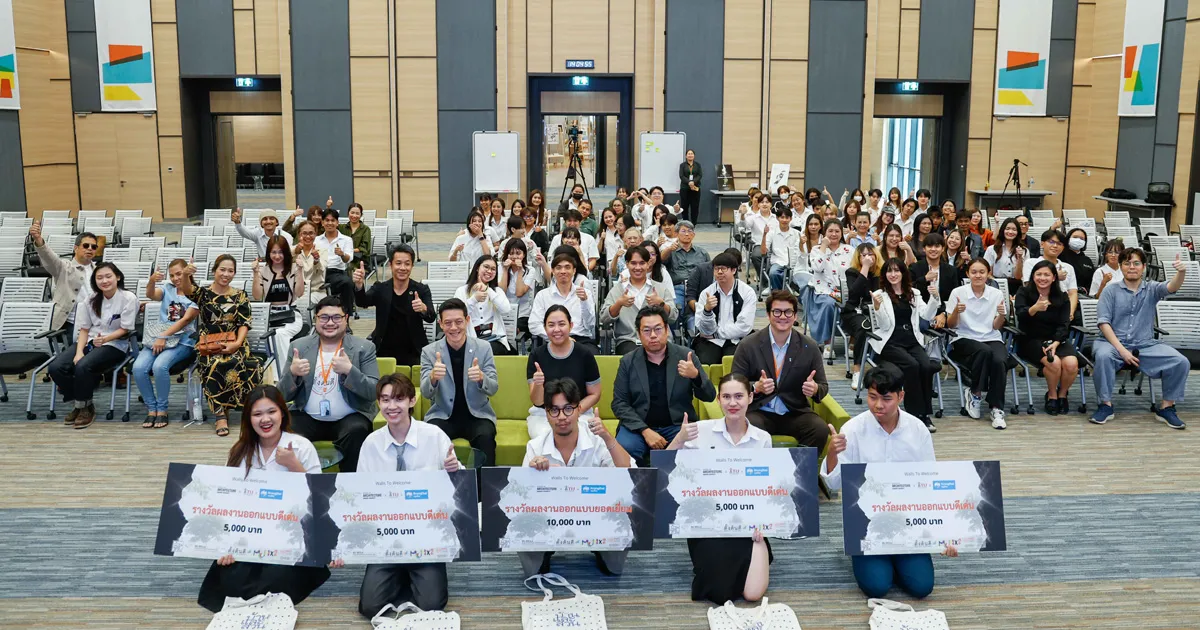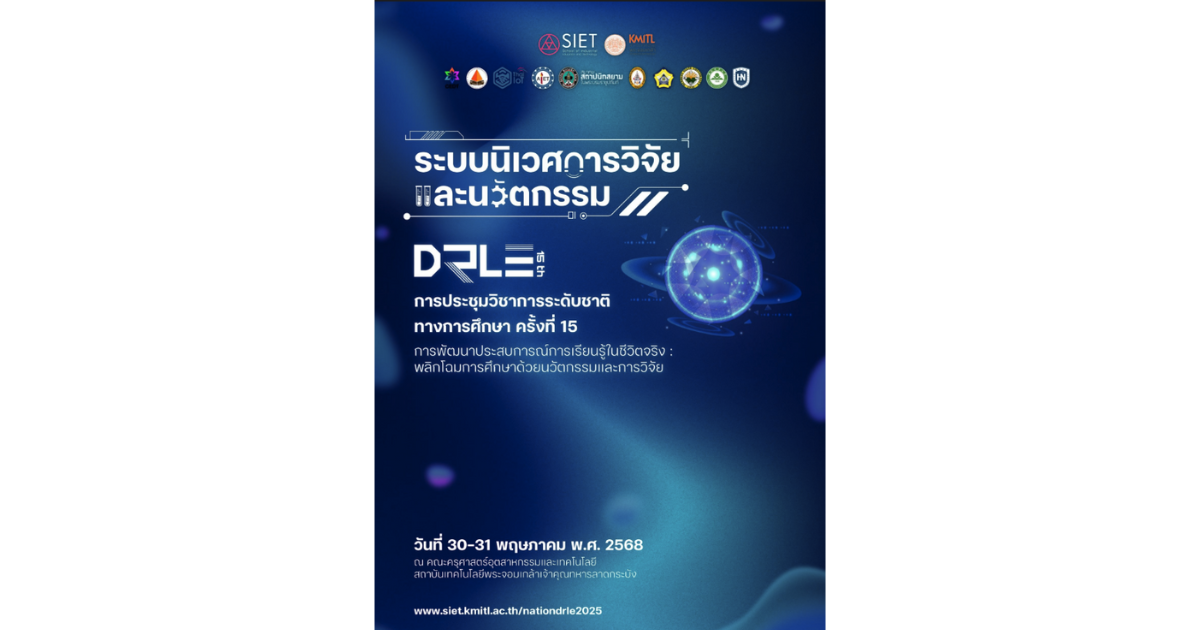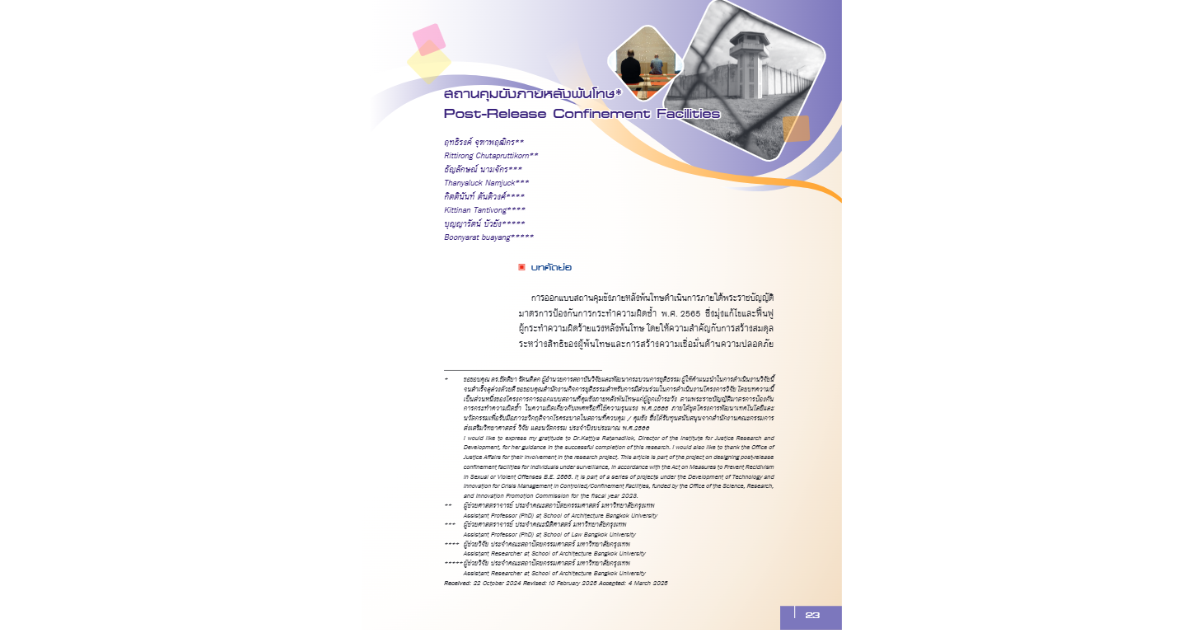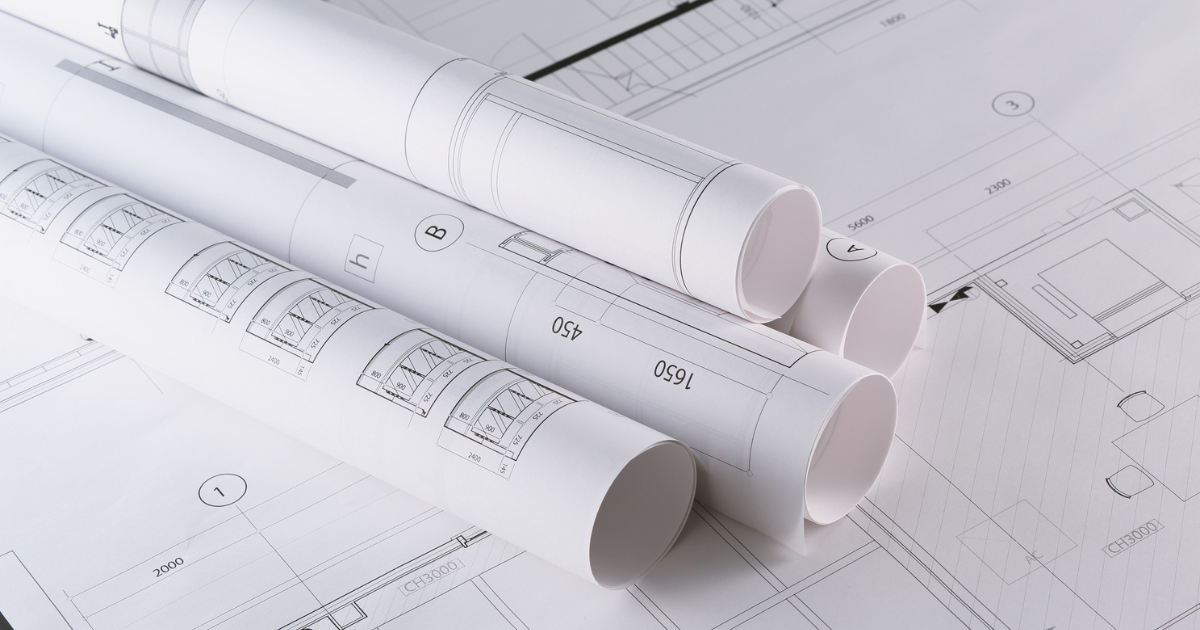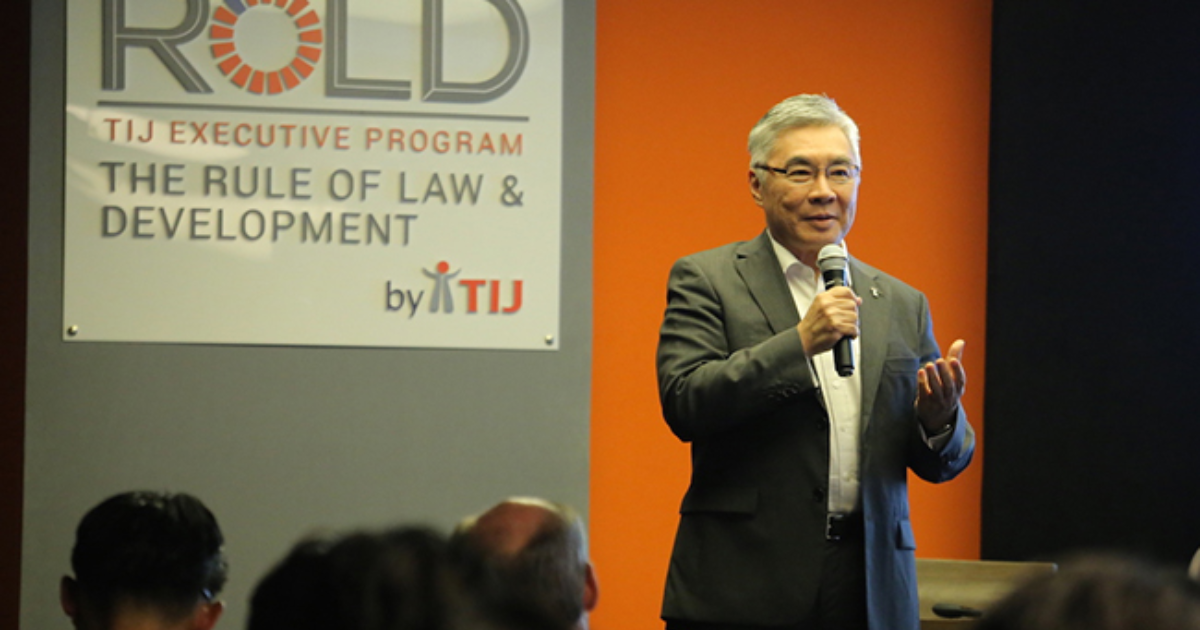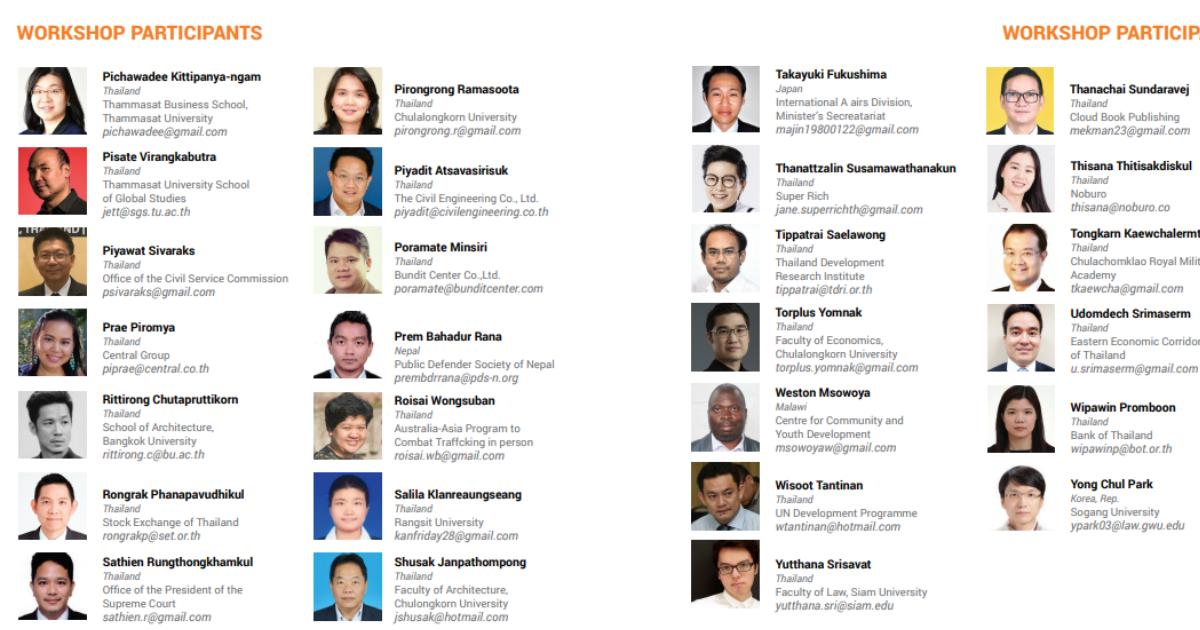Where the Silence Speaks: A Participatory Design Journey with Mothers in Custody
Although Thailand played a key role in initiating the Bangkok Rules, an UN-endorsed framework for the treatment of women prisoners, their implementation at the environmental and spatial level remains limited, especially for pregnant women and mothers with infants in custody. These individuals face intersecting vulnerabilities: physical, psychological, and social.
This group is among the most marginalized in correctional facilities. They not only endure the physical demands of motherhood, but also internalized silence and social stigma. Designing spaces for them becomes more than a logistical challenge, it becomes an act of restoring dignity. This research emerged from the question: How can we design spaces that uphold human rights, support motherhood, and foster child development within a system defined by control?
The project proposes a prototype mother-and-child facility, grounded in the Bangkok Rules and shaped through participatory design with the women themselves. Rather than imposing solutions, the process invites them to co-create environments that reflect their lived needs. The project revealed that when design tools, methods, and space are intentionally structured, vulnerability can be softened. Participants began to see themselves not as passive recipients, but as authors of change.
Ultimately, the outcome is not just architectural documentation, it is a human-centered design process that restores agency to those long unheard. It reimagines what correctional spaces can be: not places of punishment, but environments where dignity, voice, and possibility are restored. Read More
